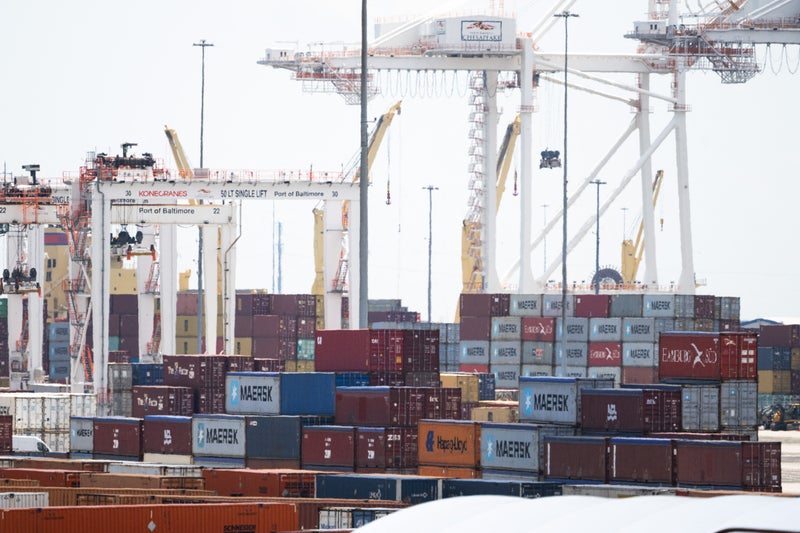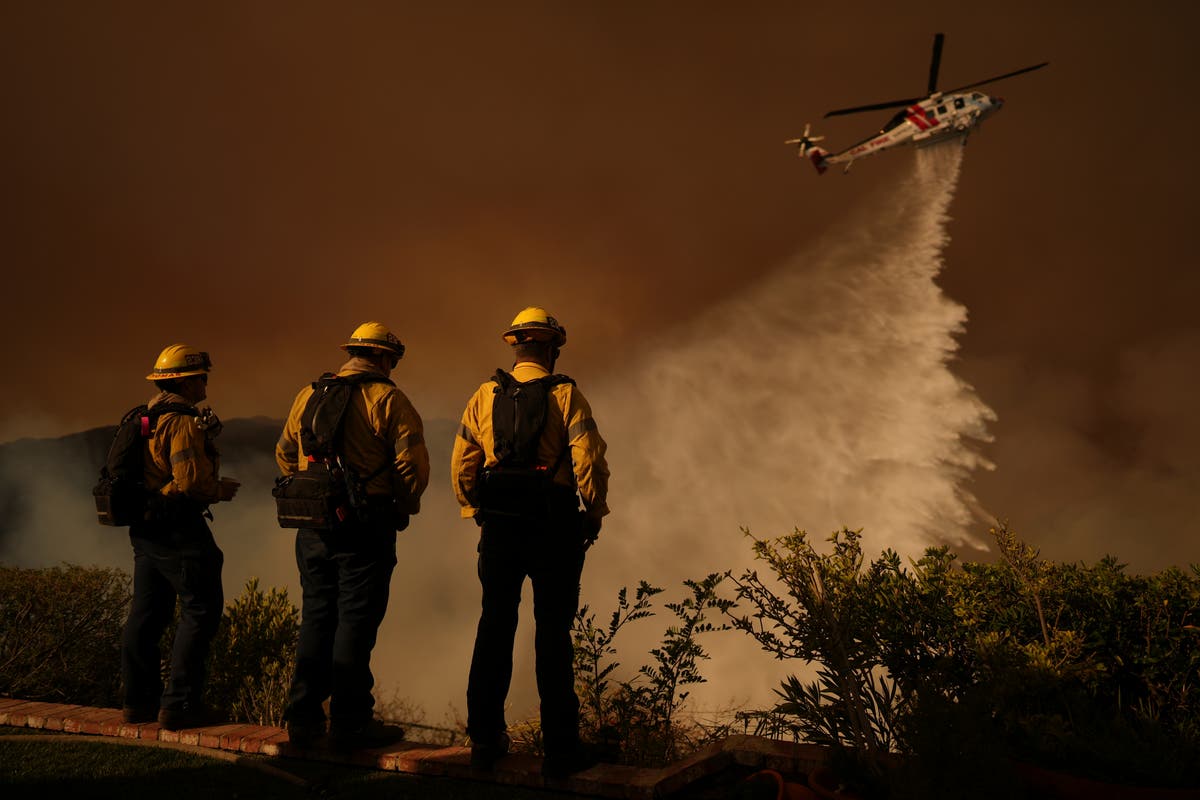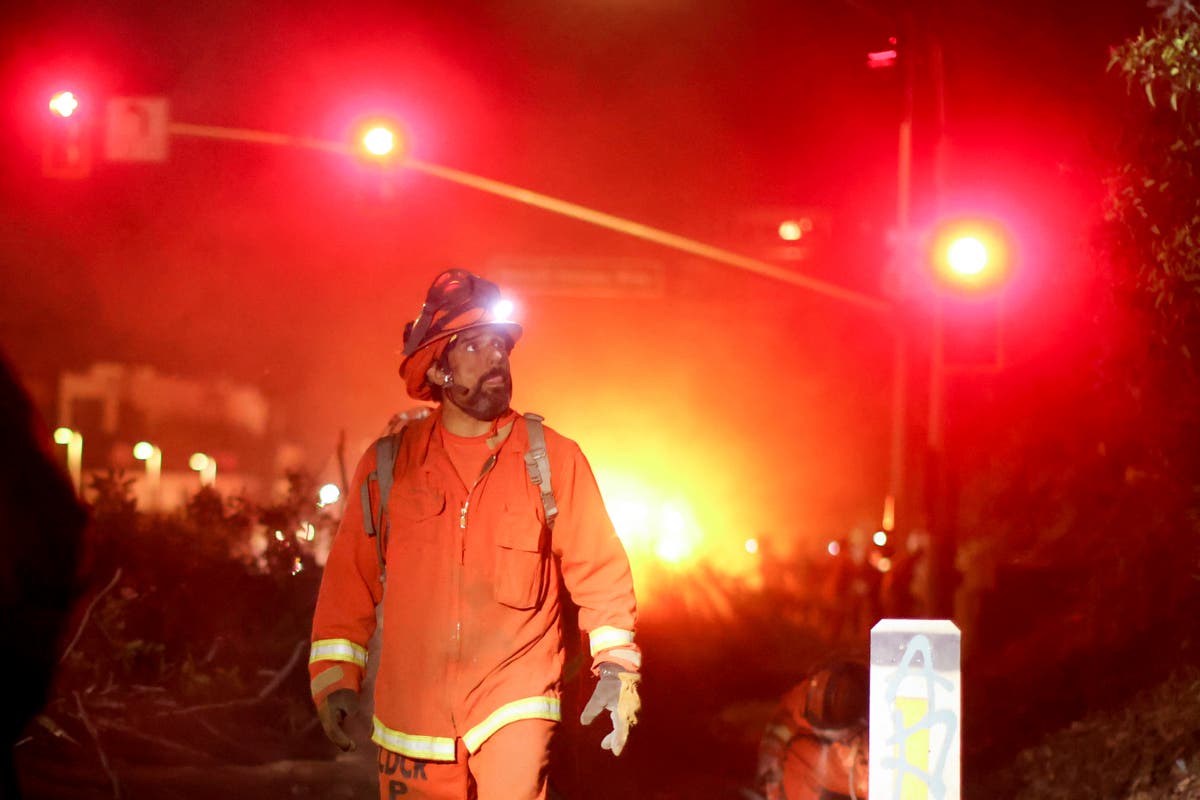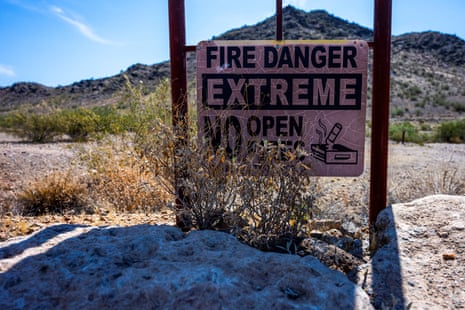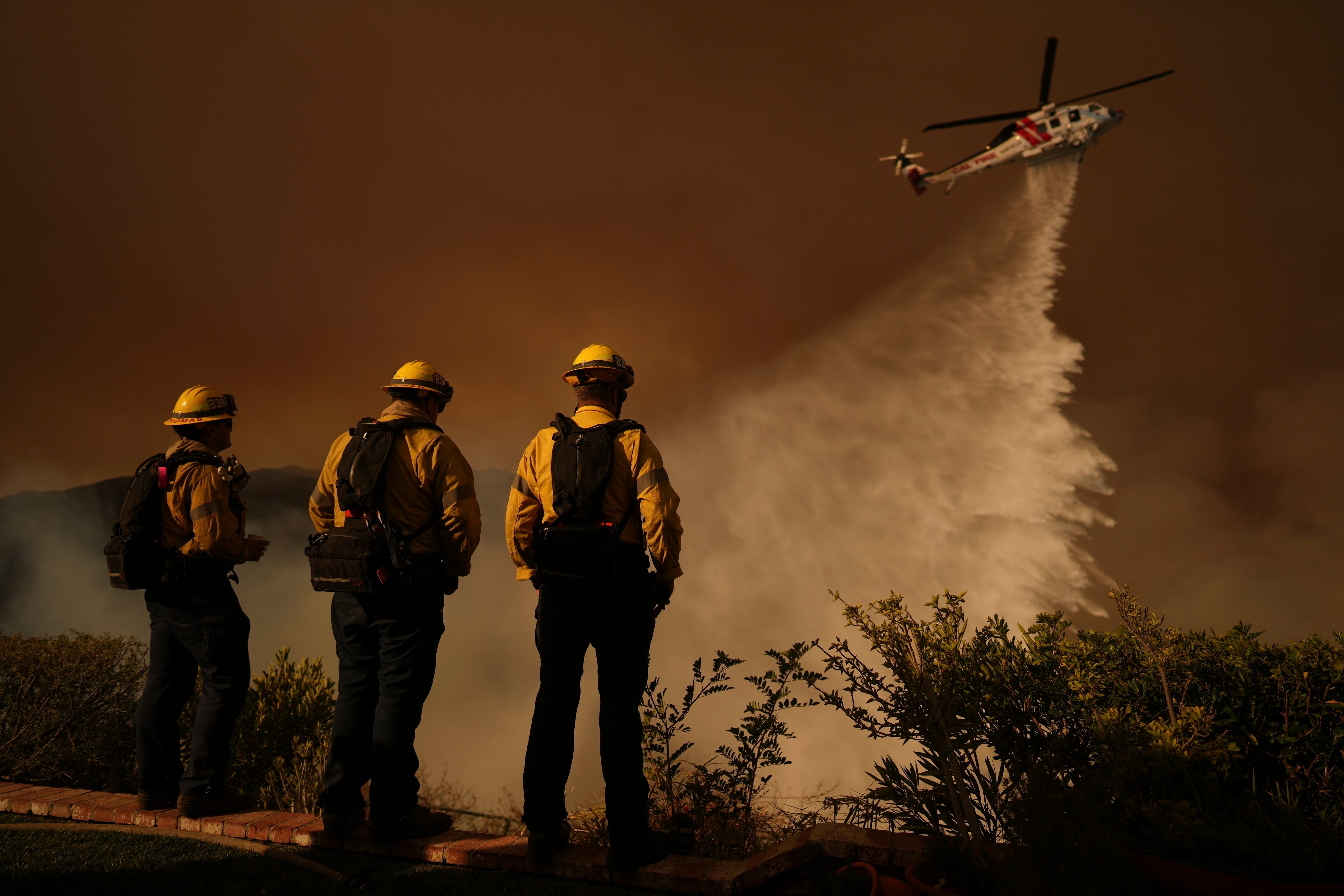US’s biggest trading allies brace for Trump’s tariffs in ‘game of chicken’
US’s biggest trading allies brace for Trump’s tariffs in ‘game of chicken’
Share:
Canada and Mexico draw plans to mitigate effect of duties Trump has threatened, possibly sparking a trade war. America’s biggest trading partners are bracing for Donald Trump to impose sweeping tariffs on their exports after the US president repeated his threat to hit Canada and Mexico with new duties. Officials in Ottawa and Mexico City have drawn up plans to retaliate against Washington with tariffs of their own, raising the prospect of a damaging trade war. Businesses inside the US and across the world have warned of widespread disruption if the Trump administration pushes ahead.
Trump repeatedly pledged on the campaign trail to use tariffs to revive the US economy, disregarding many economists’ concerns that imposing higher duties on goods from overseas would exacerbate inflation, rather than rapidly bring down prices, as Trump has promised. Beaming into the World Economic Forum earlier this month, Trump delivered a “very simple” message to businesses worldwide. “Come make your product in America, and we will give you among the lowest taxes of any nation on Earth,” he said. “But if you don’t make your product in America, which is your prerogative, then, very simply, you will have to pay a tariff.”.
While the Trump campaign mooted a universal tariff on all foreign goods, the Trump administration has so far opted to target specific US trading partners. The president has made clear that China and the European Union are in his sights, but has so far focused on America’s closest neighbors. Weeks after his election victory last November, Trump announced on his own social network that upon his return to office he would “sign all necessary documents” to impose a 25% tariff on Mexico and Canada. Mexico must stop “llegal aliens” from crossing its border with the US, he said, and Canada must halt the flow of drugs like fentanyl. “Until such time that they do, it is time for them to pay a very big price!”.
Trump did not, in fact, sign these documents following his inauguration. Instead, he introduced a deadline – 1 February – by which both countries are supposed to resolve his concerns. Claudia Sheinbaum, the Mexican president, has already taken Trump through the various migration initiatives her government has undertaken. Experts have raised questions over Trump’s demand from Canada, with so little fentanyl entering the US through its northern border that the US Drug Enforcement Administration (DEA) omitted to even mention Canada in a 2020 report.
Unswayed by such details, in recent weeks Trump has claimed his administration will raise “hundreds of billions of dollars, and even trillions of dollars” through tariffs that would boost the US economy. He has spoken of establishing an “external revenue service” to collect the money. While he and his allies continue to talk up tariffs as a viable financial revenue stream for the US, Trump – who as both politician and reality TV star has spoken highly of his dealmaking prowess – has previously raised them as a negotiating tactic, only to withdraw the threat.
This strategy played out less than a week after his inauguration, when the White House threatened Colombia with tariffs and sanctions as punishment for its refusal to accept military flights carrying deportees. Colombia later agreed, and the threat was withdrawn. In Canada, ministers have expressed optimism that a resolution by Saturday remains possible. “I remain hopeful we’re going to be able to solve this. We’ve been doing it for 150 years together,” David McGuinty, the public safety minister, told reporters. “I don’t see why we can’t do it now.”.
Since Trump’s initial social media post about the Canadian border, officials in Ottawa have pledged to spend C$1.3bn for new measures, including the use of two Black Hawk helicopters and 60 drones. But it stands ready to hit back. A first round of retaliatory tariffs would cause minimal damage to the US, covering C$37bn of its exports to Canada, and if needed, Canada’s federal government plans escalate by imposing tariffs on C$110bn worth of goods.
“The reality is that a large, uncontrolled bully is using his position as the most powerful political leader in the world, to put pressure on a whole range of allies,” said Lawrence Herman, an international trade lawyer and senior fellow at the CD Howe Institute. “We have to, in Canada and the rest of the world, recognize that we’ve entered a new era. “With the Trump administration, there are no rules. There is no respect for international treaties or agreements. There is no longer value to the US signature on international documents.”.
In Mexico, meanwhile, the government has sought to play down the prospects of a trade war. “We don’t think [the tariffs] will happen,” Sheinbaum said on Wednesday. “And if they do, we have our plan.”. “People are worried here, and there is a sense of uncertainty – which is what Donald Trump seeks to create,” said Kenneth Smith Ramos, Mexico’s former chief negotiator during talks over the USMCA free trade deal, struck between the US, Mexico and Canada during the first Trump administration.




